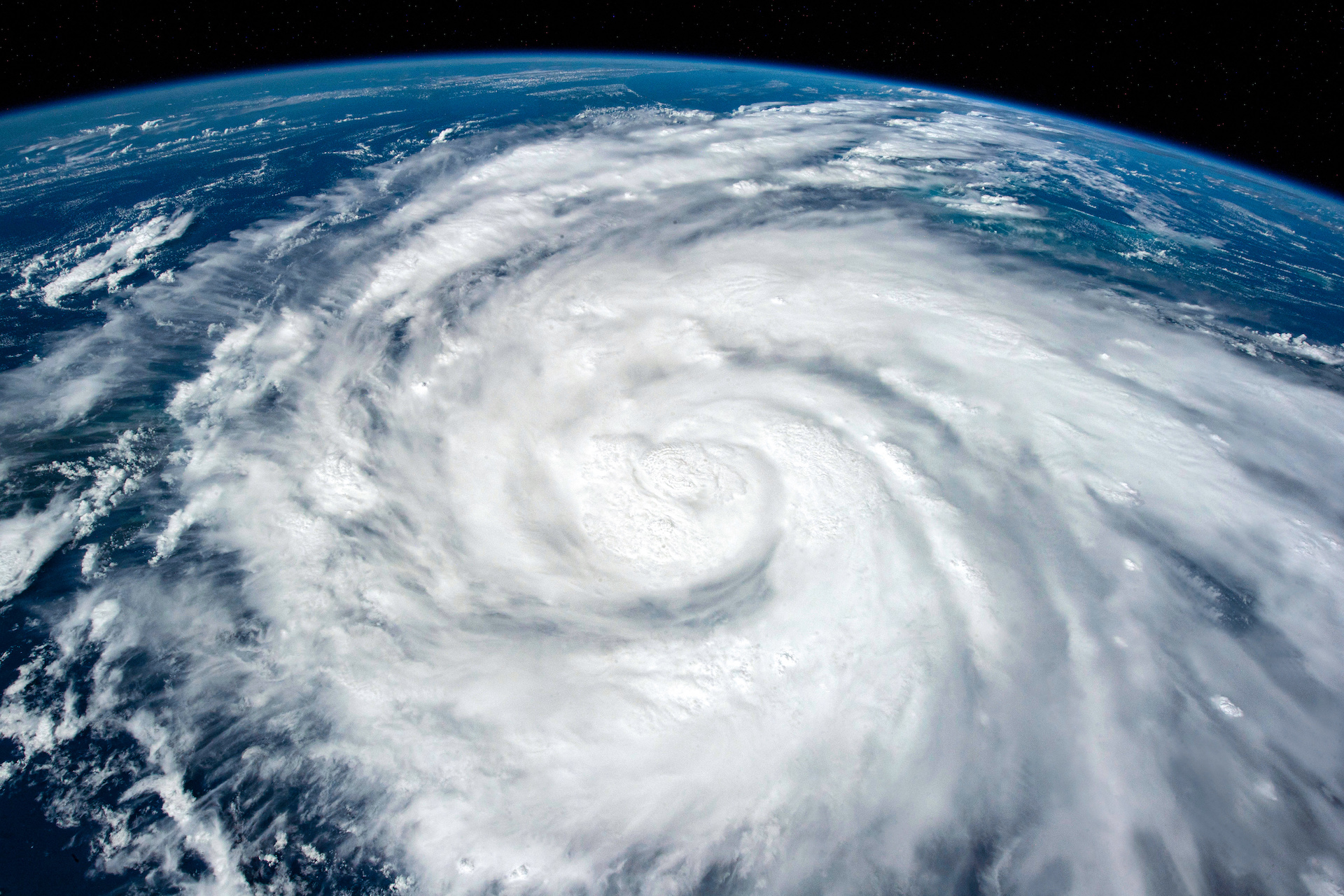
Case Study
Research on Clouds and Storms to Improve Global Climate Change Models
The European Severe Storms Laboratory has honored Professor Wang for his contributions towards our understanding of clouds and thunderstorms
Professor Pao-Kuan Wang from the National Cheng Kung University, Taiwan has made history as the first Asian recipient of the Nikolai Dotzek Award, the most prestigious award in the severe weather research community. His most impactful contribution to this field is a theory that explains how gravity waves inside storm clouds make moisture travel upwards from the lowest layer of the atmosphere. His findings could improve weather forecasting accuracy and detection of air turbulence.
Climate change has caused severe extreme weather events, such as storms and hurricanes, to become even more severe. Developing accurate climate models to gain a deeper understanding of these severe weather events is, therefore, more urgent now than ever. Unfortunately, climate models are plagued by many sources of uncertainty, one of them being clouds and their effects on the distribution of moisture across the atmospheric layers.
Professor Pao-Kuan Wang, an eminent figure in atmospheric science from National Cheng Kung University, Taiwan, has dedicated much of his life to the study of clouds and thunderstorms. Through decades of research combining physics, mathematical modeling, and satellite image analysis, Professor Wang has pioneered a new theory that has helped scientists understand elusive transport mechanisms in the atmosphere.
In honor of his outstanding academic achievements and contributions to atmospheric science, the European Severe Storms Laboratory (ESSL) has recently awarded Professor Wang the Nikolai Dotzek Award 2023. The ESSL is a non-profit international organization dedicated to promoting and coordinating research on extreme weather and fostering academic exchanges and discussions. Hailed as the most prestigious award in the global severe weather research community, the Nikolai Dotzek Award is awarded every two years.
Professor Wang was among the three winners selected by the ESSL in 2023 for his efforts towards advancing the field of satellite-based meteorology. One of the main themes of his studies is the observation, analysis, and modeling of various features of the atmosphere that can be seen from modern meteorological satellites, especially atop large thunderstorms.
Usually, materials do not rise from the troposphere, the lowest layer of the atmosphere, to the stratosphere—the second lowest layer—due to the stable air flow in the latter. However, Professor Wang’s research has shown that, in fact, strong updrafts can occur under the right circumstances and excite internal gravity waves atop storm clouds. When these waves crash at the interface between the troposphere and stratosphere, moisture from the lower layer is transported to the upper layer.
Using high-resolution cloud modeling and simulation techniques, Professor Wang has uncovered extensive evidence in support of his gravity wave breaking theory. Moreover, his models show that the overshooting tops of thunderstorms interact with stratospheric wind fields and cause many of the major features observed in satellite images. He has published several papers explaining the origin of these features, including ship wave patterns (Atmospheric Research, 2010), jumping cirrus clouds (Geophysical Research Letters, 2004), moisture plumes (Journal of Geophysical Research, 2003), and cold rings and cold-U/V features (Atmospheric Research, 2010).
One remarkable aspect of Professor Wang’s theory is that it is inherently simple (contains minimum ad hoc assumptions) yet holds unprecedented predictive power. “When a scientific theory is simple, it is usually a good theory. Our findings are already being used to develop more accurate forecasting techniques for severe weather events that are often life threatening,” highlights Professor Wang. “They will also serve as a guide to develop future observational methods for detecting similar phenomena that can seriously affect aviation safety, such as clear air turbulence.”
Besides extreme weather event forecasting, the insights gained from Professor Wang’s efforts will lead to a more comprehensive understanding of atmospheric processes related to storms and clouds. In turn, this will help us improve our global climate change models, enabling us to anticipate our future better.
Overall, Professor Wang’s career in atmospheric science has been extremely fruitful, and receiving the Nikolai Dotzek Award 2023 marks the culmination of his achievements. Professor Wang is also the first recipient of this award in not just Taiwan but all of Asia. A trailblazer for advances in atmospheric science, he wishes to motivate aspiring scientists in the field. “I want to encourage students interested in science to be like children and embrace curiosity and imagination first, and then follow it up with research and verification,” he comments. “Even in the worst-case scenario where your research fails, it is not the end of the world. Doing research can be fun in and of itself,” he concludes.

Key Academics
About Professor Pao-Kuan WangPao-Kuan Wang obtained a BS degree in meteorology from National Taiwan University in 1971. He then obtained his MS and PhD degrees from the University of California, Los Angeles in 1975 and 1978, respectively. He is currently a Distinguished Visiting Chair Professor at National Cheng Kung University, Taiwan. Prof. Wang has made outstanding contributions to the field of atmospheric science in the areas of cloud physics, cloud dynamics, aerosol physics, and historical climatology. He has over 200 publications to his name on these topics, as well as several popular science books with widespread acclaim.